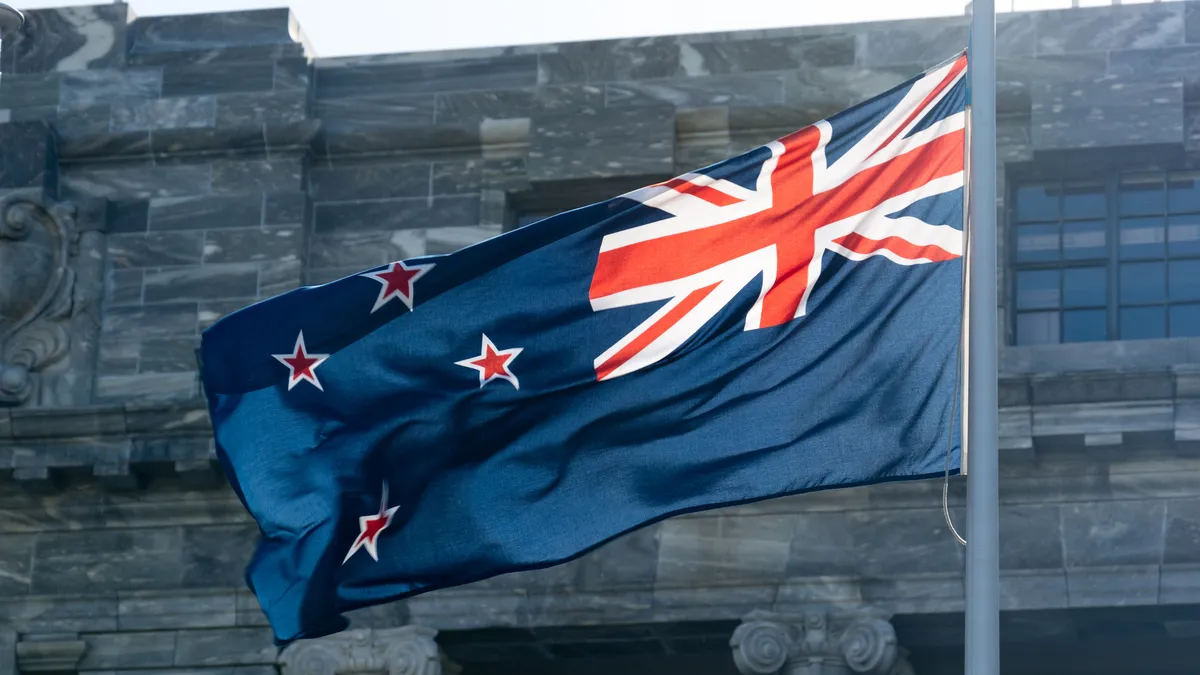Dive Brief:
- New Zealand has enacted a law granting up to three days of bereavement leave to the mother and her partner or spouse in instances of miscarriage or still birth, according to its parliament website.
- Employers in New Zealand were already required to provide paid leave in the event of a stillbirth, when a fetus is lost after 20 weeks or more, The New York Times reported. The new law does not apply to abortions.
- The change took effect March 31, according to law firm Baker McKenzie.
Dive Insight:
The U.S. has no similar requirement, although a 2008 ruling from the 3rd U.S. Circuit Court of Appeals held that protections for pregnant women found in the Pregnancy Discrimination Act also extend to women who elect to terminate their pregnancies, according to an analysis by attorneys Theodore A. Schroeder, Shannon Huygens Paliotta of Littler Mendelson P.C.
In that case, a woman was told that her unborn child had severe deformities and decided to follow her doctor’s recommendation that the pregnancy be terminated. The woman said her request for a week of vacation was approved but she was let go for abandonment of her job. She filed a lawsuit in federal court alleging employment discrimination on the basis of gender, in violation of the PDA. A lower court ruled in favor of the employer but on appeal, the 3rd Circuit held that an abortion is included in the "related medical conditions" found in the PDA.
Separately, the Family and Medical Leave Act requires that certain employers provide unpaid leave for serious health conditions and the birth, adoption or foster placement of a child. Capitol Hill politicians on both sides of the aisle have introduced bills that would grant paid family leave but aside from a now-expired coronavirus-related law, those efforts have not been successful.
Many states, however, have acted where the federal government has not. Maine, for example, passed a law mandating paid leave for any purpose that took effect on Jan. 1, 2021. Bernalillo County, in New Mexico, soon followed, passing an ordinance requiring that employers provide workers, whether they work full-time, part-time, seasonal or temporary schedules, with paid time off for any reason starting July 1, 2020.
Because of the compliance challenges presented by the increasing patchwork of "competing and inconsistent state plans," CEOs of some of the nation’s largest companies have advocated for a nationwide paid parental leave policy.











